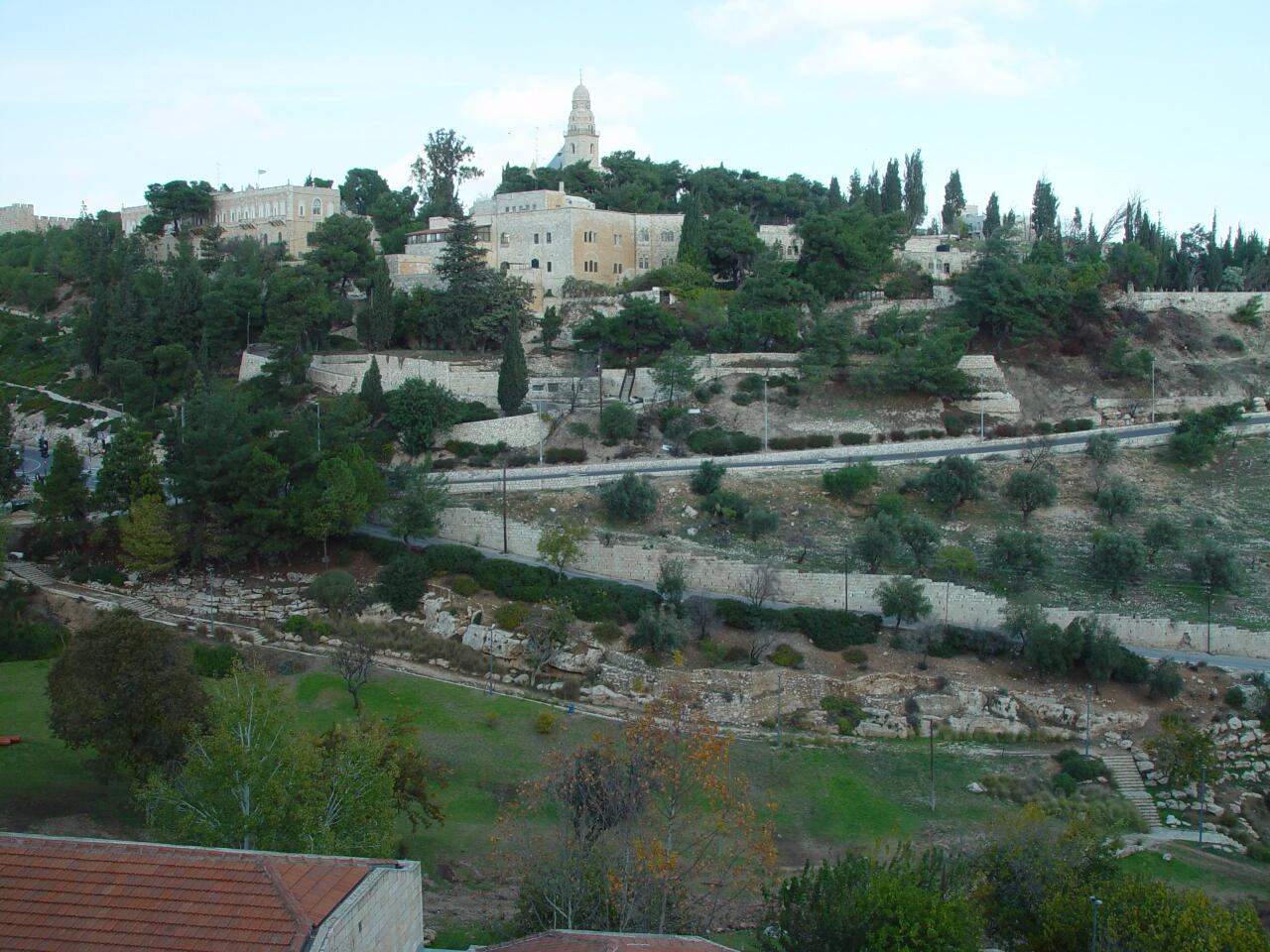
MOUNT OF OLIVES [OLIVET] RESEARCH
RESEARCH :
http://www.math.toronto.edu/~drorbn/Gallery/Jerusalem/MountZion_1280.jpg
excerpt
http://www.purposeoflife.org.uk/stuff/holy%20hill.htm
I was already very aware of how much of a key place this large hill known as the Mount of Olives (or Olivet) played in Christ's life, and that the Scriptures make it very clear that some awesome events were to occur on this hill. I also believed at that time that Christ would return to this mount (based on Zechariah 14:4-5), the same mount from which He had ascended into the heavens back in 33 AD, but I didn't fully realise then just how significant this place really is in God's plan of things for this present earth. During the years that followed, this fact became much clearer to me.
Add to this the fact that He later ascended into the heavens from this Mount makes this the most Holy place on this earth. It's no wonder that this place was revered by early Christians. If it could be said that there is a physical place on this earth where heaven touches the earth, this Mount would be it, because Jesus is The Stairway to Heaven (Genesis 28:10-19; John 1:51) and His feet have already stood on this Mount causing earth-shattering events to take place both physically and spiritually.
So after years of study and contemplation, here are the reasons why I believe that the Mount of Olives is The Holy Hill.
```````````````````````
Additional Research :
OLIVET DISCOURSE
```````````````````````
[excerpt]
http://en.wikipedia.org/wiki/Olivet_discourse
The Olivet discourse is a biblical passage found in the Synoptic Gospels of Matthew (24), Mark (13) and Luke (21). It is known as the "Little Apocalypse" because it includes Jesus' descriptions of future events, the use of end times language, and Jesus' warning to his followers that they will suffer tribulation and persecution before the ultimate triumph of the Kingdom of God.[1] It occurred just prior to the narrative of Jesus' passion beginning with the Anointing of Jesus. In the narrative is a discourse or sermon given by Jesus on the Mount of Olives, hence the name. According to most scholars, the versions of the discourse in Matthew and Luke are based on the version in Mark.
In each of the three gospel accounts, the sermon contains a number of statements which appear predictive of future events. Jesus prophesies about the future destruction of the Temple in Jerusalem. Modern Christian interpretation diverges as to the additional topics in the discourse, but most interpreters perceive the passages to be referring to the coming of the Son of Man, though interpreters disagree concerning whether or not Jesus describes the signs that accompany his return. Some Christians see in this discourse a great tribulation that will occur at the end of time.
The setting on the Mount of Olives is also thought by some scholars not to have been incidental, but a quite deliberate echo of a passage in the Book of Zechariah which refers to the location as the place where a final battle would occur between the Jewish Messiah and their opponents.

No comments:
Post a Comment